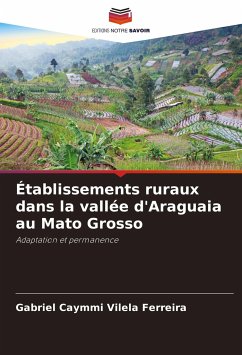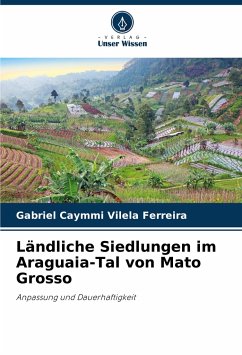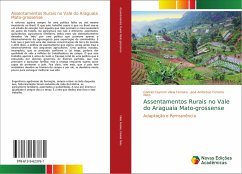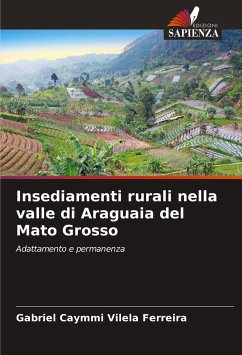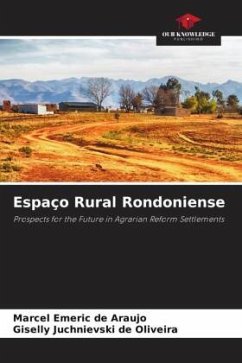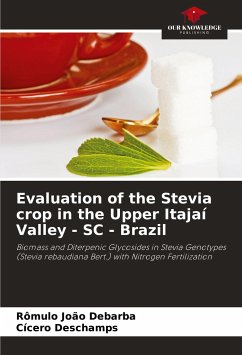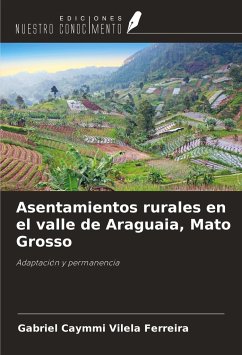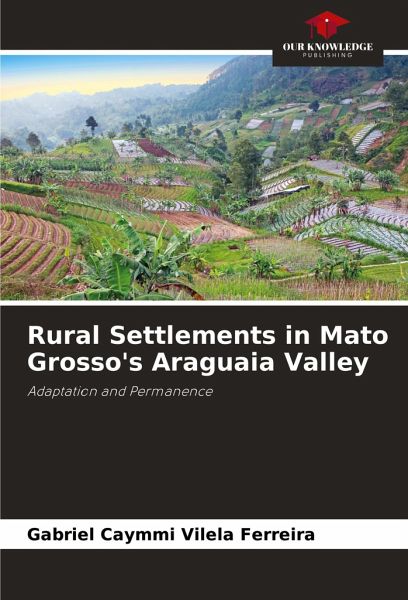
Rural Settlements in Mato Grosso's Araguaia Valley
Adaptation and Permanence
Versandkostenfrei!
Versandfertig in 6-10 Tagen
37,99 €
inkl. MwSt.

PAYBACK Punkte
19 °P sammeln!
Agrarian reform has always been a flawed or even non-existent policy in Brazil. What this paper suggests is that Brazil is living in a state of exception with those who need and require the most support from the state. In agriculture, this is no different: settlers, quilombolas, family farmers are all systematically left "aside" by a policy that only promotes the development of agribusiness for the export of commodities. It's a fact that the country has one of the highest concentrations of land in the world and, furthermore, the current settlement policy is further delaying the development of ...
Agrarian reform has always been a flawed or even non-existent policy in Brazil. What this paper suggests is that Brazil is living in a state of exception with those who need and require the most support from the state. In agriculture, this is no different: settlers, quilombolas, family farmers are all systematically left "aside" by a policy that only promotes the development of agribusiness for the export of commodities. It's a fact that the country has one of the highest concentrations of land in the world and, furthermore, the current settlement policy is further delaying the development of small farmers. It's an unfinished, incomplete policy that, if practiced in accordance with the law, could give quality of life to millions of rural workers. What this work points to is, above all, the total failure of a policy that has been implemented by various governments, from various parties, which do not prioritize family farmers, do not see them as social subjects capable of promotingthe country. It is clear, without further ado, that the country has a real disdain for the rural man and does very little to improve his life.





